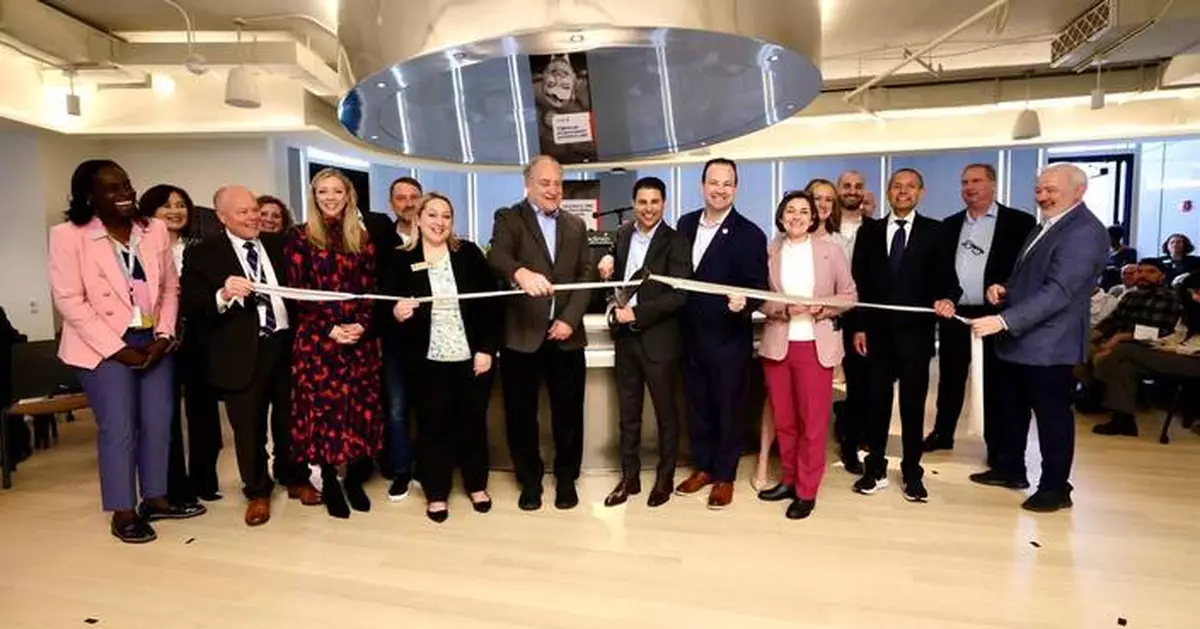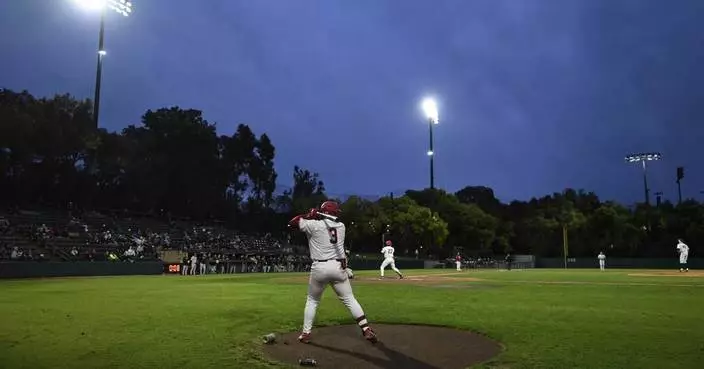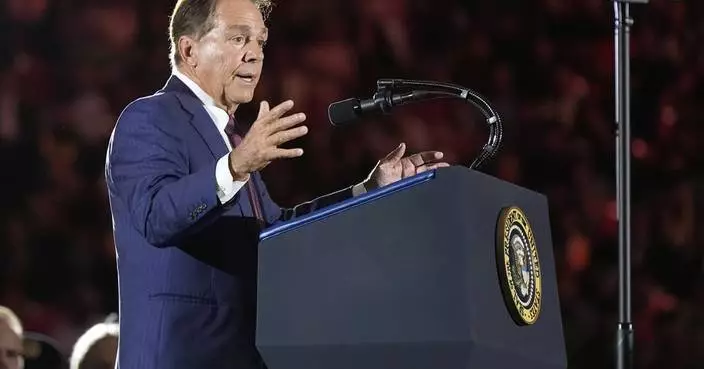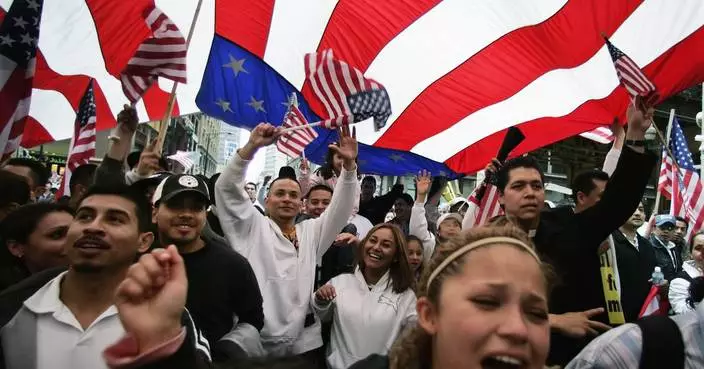NORTH BETHESDA, Md.--(BUSINESS WIRE)--Mar 27, 2024--
Sodexo, Inc., one of the world’s largest employers, announced the grand opening today of its new North American headquarters. Sodexo is relocating its regional headquarters from Gaithersburg, MD after 26 years to North Bethesda’s award-winning, mixed-use neighborhood, Pike & Rose.
This press release features multimedia. View the full release here: https://www.businesswire.com/news/home/20240327552969/en/
“Maryland has served as our North American headquarters for nearly three decades,” said Sarosh Mistry, President and CEO, Sodexo North America. “We look forward to many more years in Maryland as residents, as an employer and as community supporters and volunteers.”

Sodexo’s North American President & CEO Sarosh Mistry and members of the leadership team were joined today by Maryland’s local and state government officials to celebrate the grand opening of its new regional headquarters. Officials featured include: Montgomery County Executive Marc Elrich, Director of Constituent Service Catherine Provost, Montgomery County Council President and Vice President, Andrew Friedson and Kate Stewart, respectively. (Photo: Business Wire)
Sodexo’s new office offers employees free parking, flexible space for work, meetings and food demonstrations, an onsite gym, dedicated spaces for parents, wellness and focus rooms. Also within walking distance is a variety of food, shopping, and entertainment options.
“Montgomery County is proud to have been home to Sodexo for over 30 years, and with this new headquarters, we look forward to continuing this relationship for decades to come,” said County Executive Elrich. “Sodexo’s new headquarters at Pike and Rose places them in the heart of the Pike District, accessible to the North Bethesda Metro Station, and neighbors with other global company headquarters in the hospitality and life science industries. Our County’s highly educated and well-trained workforce will continue to benefit Sodexo as a global leader in the food service industry.”
Sodexo employs 435,000 globally – 5,000 employees across 700 client and customer sites in the Washington, DC area – and provides catering, facilities management, and employee benefits to 80 million consumers daily in 45 countries.
Additionally, Sodexo’s Stop Hunger Foundation, created by employees in the U.S. with the goal to end childhood hunger, was awarded $45.3M since its inception in 1996 and more than $20M was granted to DC-area nonprofits alone. Some of nonprofits include Share Our Strength Foundation, Food Recovery Network, Together We Bake, Congressional Hunger Center, Youth Service America, DC Central Kitchen, the Alliance to End Hunger, Montgomery County Business Leaders, Feed the Fridge, Metro DC Hispanic Contractors Community, the Armed Services YMCA, and Manna Food Center.
About Sodexo North America
Sodexo North America is part of a global, Fortune 500 company with a presence in 45 countries. Sodexo specializes in sustainable food service and valued experiences, in all 50 U.S. states, Canada, Puerto Rico and Guam, at every moment in life: learn, work, heal and play. Additionally, the company indirectly supports additional jobs through its annual purchases of goods and services from small to large businesses. Sodexo North America is committed to meeting the challenges of everyday life with a dual goal: to improve the quality of life of our employees and those we serve, and contribute to the economic, social, and environmental progress in the communities where we operate. Our purpose is to create a better everyday for everyone to build a better life for all.
PRINCETON, N.J. (AP) — A group of Quakers are marching more than 300 miles from New York City to Washington, D.C., to demonstrate against the Trump administration's crackdown on immigrants.
The march extends a long tradition of Quaker activism. Historically, Quakers have been involved in peaceful protests to end wars and slavery, and support women’s voting rights in line with their commitment to justice and peace. Far more recently, Quakers sued the federal government earlier this year over immigration agents' ability to make arrests at houses of worship.
Organizers of the march say their protest seeks to show solidarity with migrants and other groups that are being targeted by President Donald Trump’s administration.
“It feels really daunting to be up against such critical and large and in some ways existential threats,” said Jess Hobbs Pifer, a 25-year-old Quaker and march organizer, who said she felt “a connection” to the faith’s long history of activism.
“I just have to put one foot in front of the other to move towards something better, something more true to what Quakers before us saw for this country and what people saw for the American Experiment, the American dream," she said.
Their goal is to walk south from the Flushing Quaker Meeting House — across New York, New Jersey, Maryland and Pennsylvania — to the U.S. Capitol to deliver a copy of the “Flushing Remonstrance” — a 17th century document that called for religious freedom and opposed a ban on Quaker worship.
Quakers say it remains relevant in 2025 as a reminder to “uphold the guiding principle that all are welcome.”
“We really saw a common thread between the ways that the administration is sort of flying against the norms and ideals of constitutional law and equality before the law,” said Max Goodman, 28, a Quaker, who joined the march.
“Even when they aren’t breaking rules explicitly, they’re really engaging in bad faith with the spirit of pluralism, tolerance and respect for human dignity that undergirds our founding documents as Americans and also shows up in this document that’s really important in New York Quaker history.”
The Religious Society of Friends — best known as the Quakers — originated in 17th century England.
The Christian group was founded by George Fox, an Englishman who objected to Anglican emphasis on ceremony. In the 1640s, he said he heard a voice that led him to develop a personal relationship with Christ, described as the Inner Light.
Fox taught that the Inner Light emancipates a person from adherence to any creed, ecclesiastical authority or ritual forms.
Brought to court for opposing the established church, Fox tangled with a judge who derided him as a “quaker” in reference to his agitation over religious matters.
Following the faith’s core beliefs in nonviolence and justice, Quakers have demonstrated for the abolition of slavery, in favor of the suffrage movement, against both World Wars, and the U.S. role in the wars in Vietnam and Afghanistan, said Ross Brubeck, 38, one of the Quaker march organizers.
They also joined protests against the World Trade Organization in Seattle and the Black Lives Matter protests after the 2020 killing of George Floyd.
“Within the DNA of Quakerism is actions speaking out against authority,” said Brubeck, who was marching along a trail in New Jersey with companions waving an upside-down American flag — intended to serve as a signal of distress.
“Quakers have had a central role in opposition to repression within the United States since its founding,” Brubeck said.
The basic unit of Quaker organization is the weekly meeting, which corresponds to the congregation in other churches. Quakers gather for silent worship in meeting houses, where they wait for a message from God to move through them until they speak.
When Brubeck and his group reached downtown Princeton, they were met by members of the local Quaker group, who praised them for their effort and guided them to their meeting house. After taking their shoes off their blistery feet, some rested on wooden pews and later prayed in silence, holding hands in a circle in preparation for another long walk.
“I felt humbled by their presence knowing what a long way they’ve been walking,” said Casey Oware, a member of the Princeton Friends Meeting. “And also a sense of connection knowing that we’re fighting for the same thing.”
Her friend, Marae McGhee, a retired teacher and member of the local Quaker group, agreed: “It’s such a disturbing time and I think a lot of people feel that there’s little they can do. But these folks are doing it — they’re giving their feet and their energy.”
Quaker practices and beliefs vary from a more Bible-centered Christianity, with pastors as worship leaders, to a more liberal approach with less structured worship and a wide range of teachings.
One the most well-known Quakers was William Penn, who founded Pennsylvania following the faith’s emphasis on religious tolerance; the group became influential in cities like Philadelphia.
But members of the group have also faced scorn for refusing to join wars due to their belief in pacifism and nonviolence. Some were persecuted and even killed for trying to spread their religious beliefs.
Earlier this year, five Quaker congregations filed a lawsuit challenging a Trump administration move giving immigration agents more leeway to make arrests at houses of worship.
The Quaker groups were later joined by the Cooperative Baptist Fellowship and a Sikh temple. Following that, more than two-dozen Christian and Jewish groups representing millions of Americans — ranging from the Episcopal Church and the Union for Reform Judaism to the Mennonites — filed a similar lawsuit, but a federal judge ruled against them last month.
During the presidential campaign, Donald Trump insisted that immigrants were an existential threat to America. Immigration into the U.S., both legal and illegal, surged during President Joe Biden’s administration, and Trump assailed that influx in ways that proved powerful with voters.
Since returning to the White House, Trump has launched a campaign of immigration enforcement that has pushed the limits of executive power and clashed with federal judges trying to restrain him.
“Immigrants are the ones experiencing the most acute persecution in the United States,” Brubeck said. “The message to Trump is that the power is not his to make.”
__
Associated Press religion coverage receives support through the AP’s collaboration with The Conversation US, with funding from Lilly Endowment Inc. The AP is solely responsible for this content.
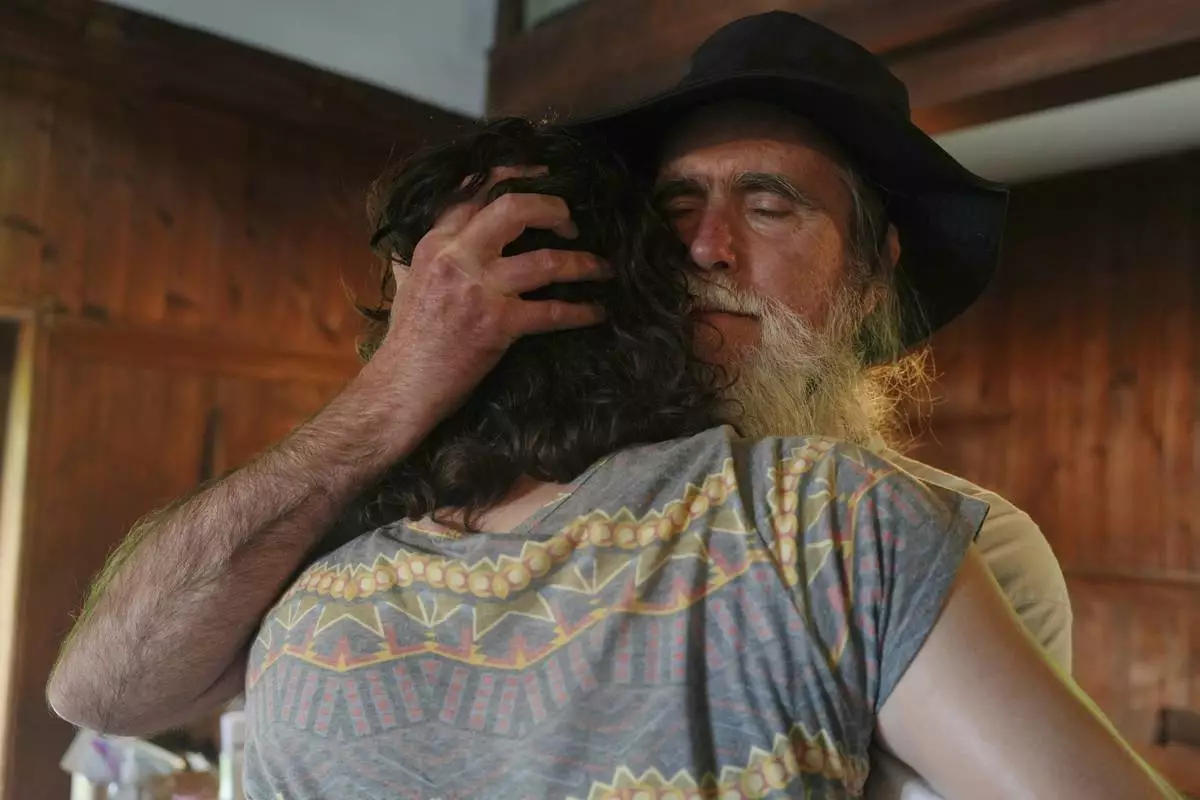
Stuart Sydenstricker, right, and Jules Wing Vasquez hug after completing a portion of the Quaker March to Washington at the Quaker Meeting House in Princeton, N.J. (AP Photo/Luis Andres Henao)
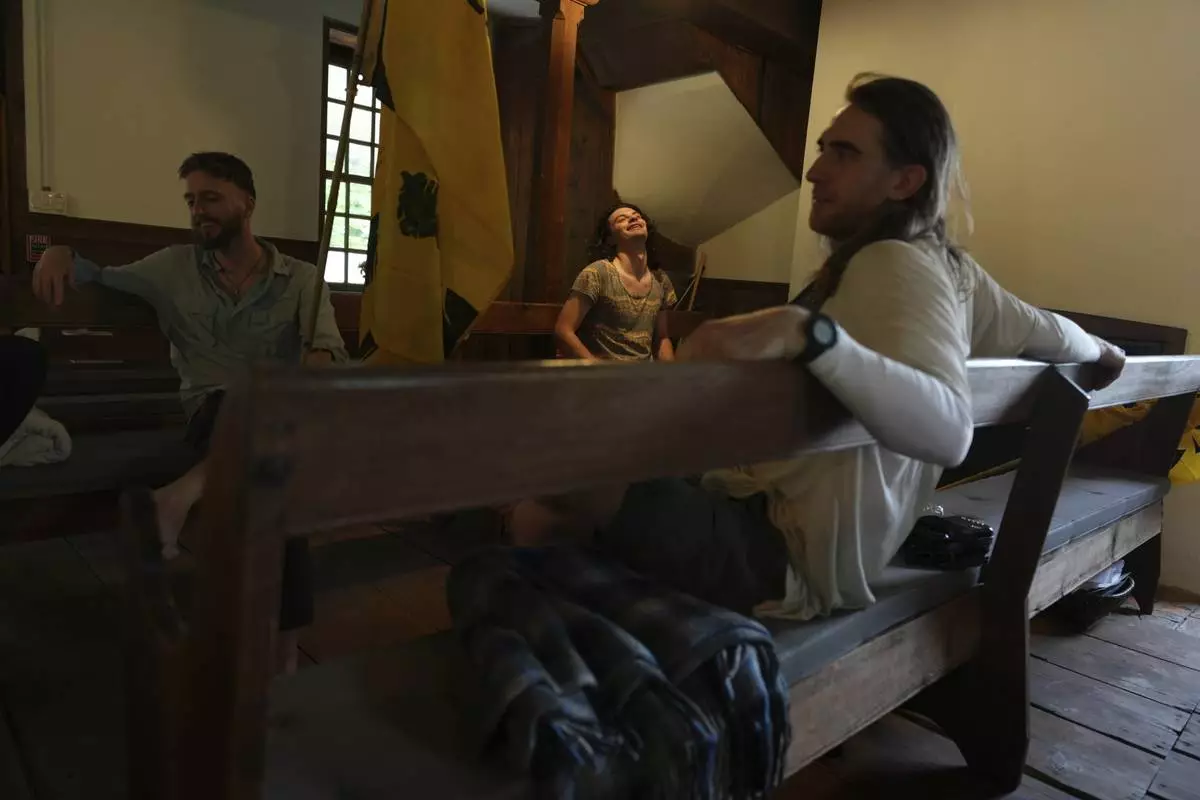
Max Goodman, left, Jules Wing Vasquez, center, and Ross Brubeck rest in the Quaker Meeting House in Princeton, N.J., after completing a portion of a Quaker march from New York City to Washington D.C., to protest President Donald Trump's crackdown on immigrants on Wednesday May 7, 2025. (AP Photo/Luis Andres Henao)
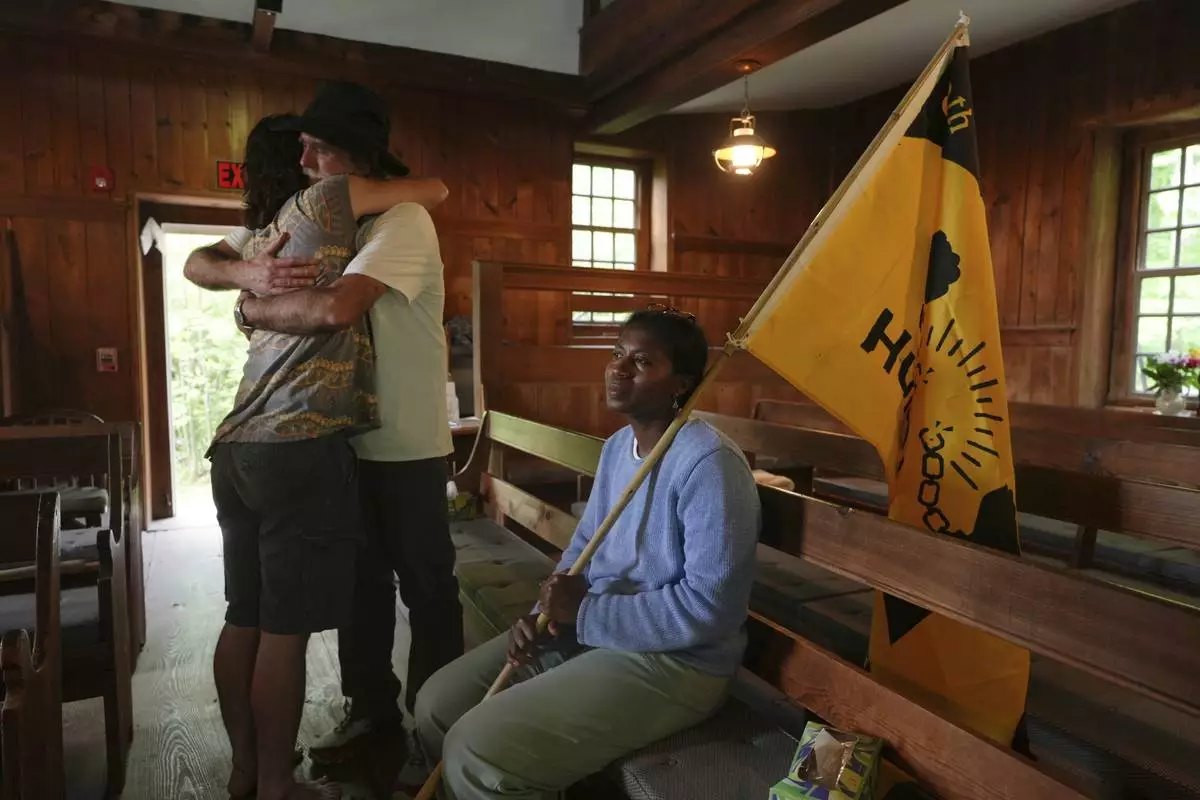
Casey Oware, a member of the Princeton Friends Meeting, seated, holds a flag while Stuart Sydenstricker, right, and Jules Wing Vasquez hug after completing a portion of the Quaker March to Washington at the Quaker Meeting House in Princeton, N.J. (AP Photo/Luis Andres Henao)
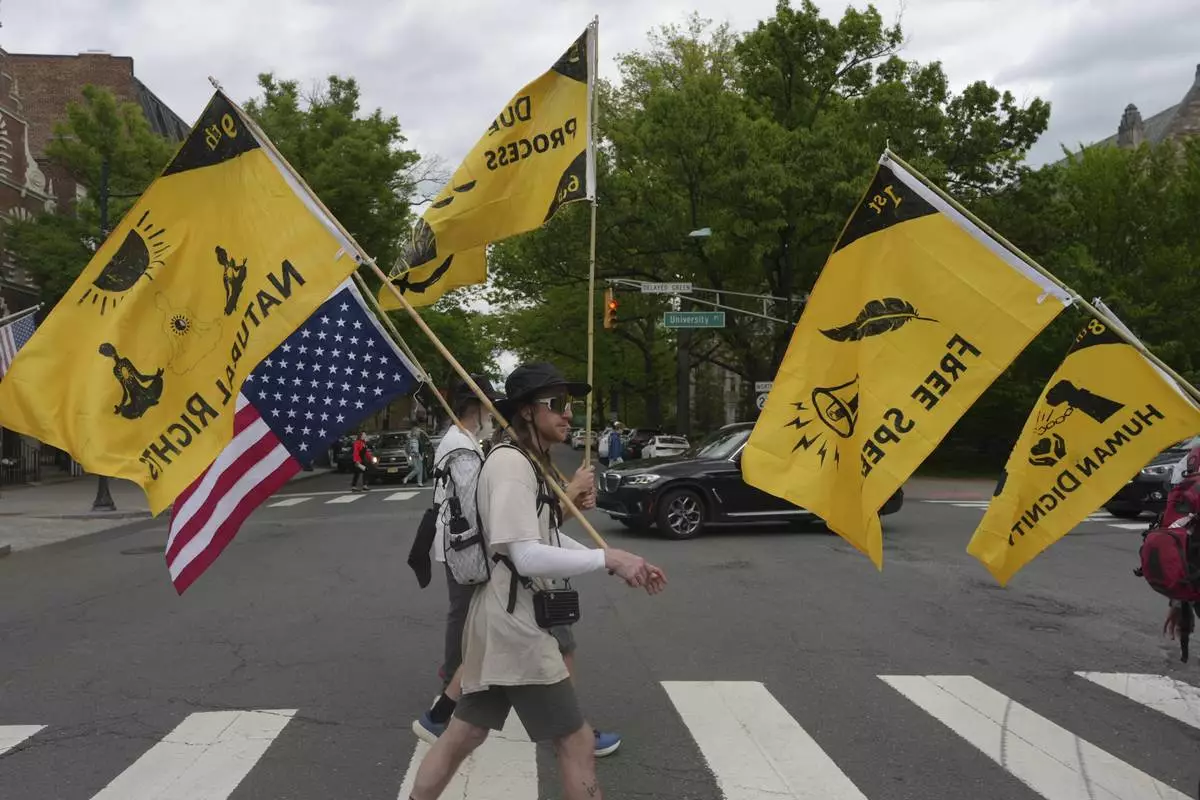
Ross Brubeck and other members of the Quaker March to Washington cross a street on their way to a meeting house in Princeton, N.J., on Wednesday May 7, 2025. (AP Photo/Luis Andres Henao)
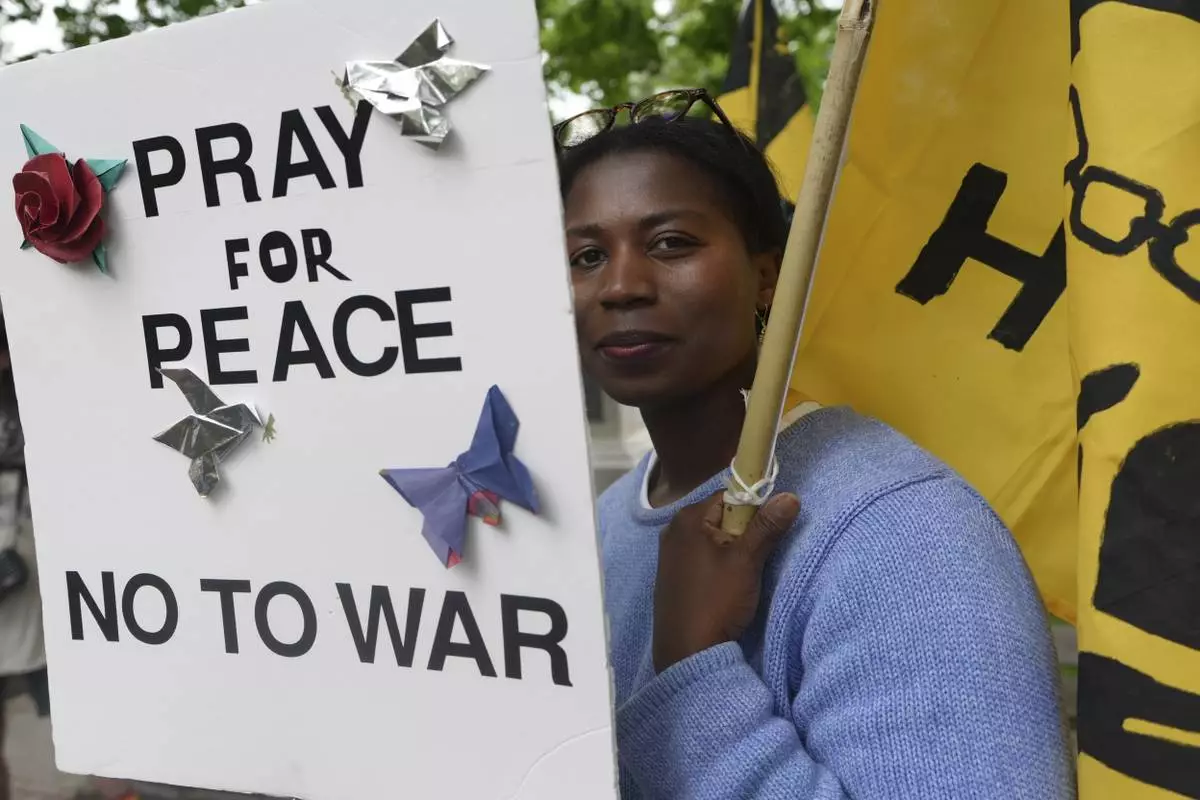
Casey Oware, a member of the Princeton Friends Meeting, holds a banner after meeting members of the Quaker March to Washington in Princeton, N.J., on Wednesday May 7, 2025. (AP Photo/Luis Andres Henao)
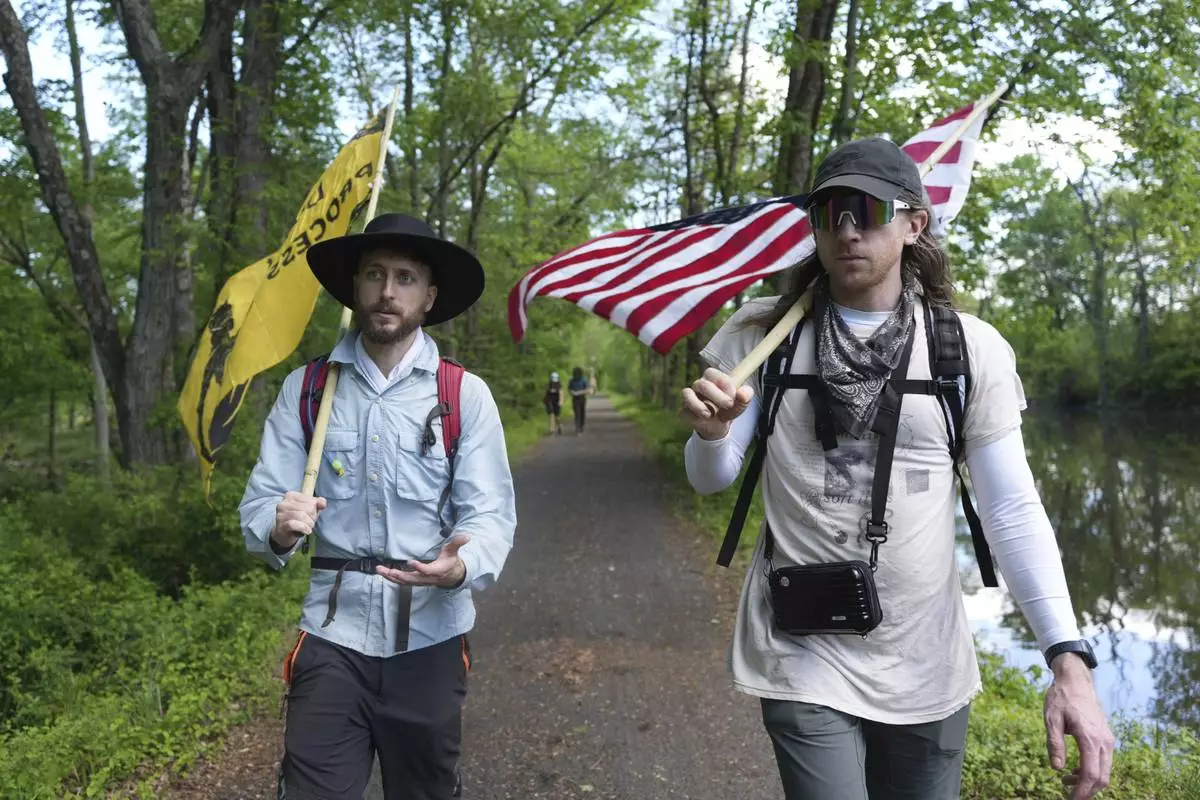
Max Goodman, left, and Ross Brubeck walk on a trail near Princeton, N.J., as part of a Quaker march from New York City to Washington D.C. to protest President Donald Trump's crackdown on immigrants on Wednesday May 7, 2025. (AP Photo/Luis Andres Henao)



